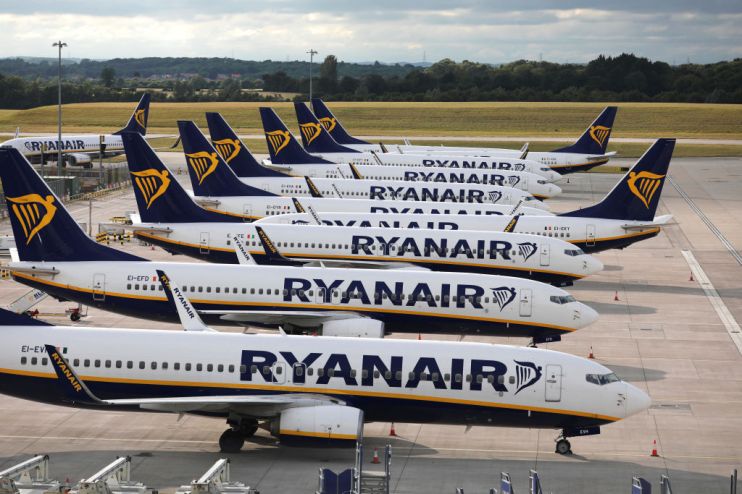Analysis: Airlines are not the culprit of this week’s travel disaster

Everyone loves to hate the airlines – and often, for good reasons. Prices have skyrocketed, with airlines able to pump up the cost of their flights, especially over summer, knowing that people who want to go abroad and can afford it will pay whatever they have to. To get to some places, there is simply no alternative to a £250 easyJet flight. Passengers feel like airlines will soon make them pay even for the air they breathe in their aircraft.
But in the travel chaos of the past few days, airlines are not the main culprits. Victims of a situation not of their own making, they’ve had to try to accommodate stranded passengers as best as they could, providing food, accommodation and alternatives. As an industry that always seems unprepared to deal with last minute changes, a lot of people have ended up sleeping on the floor in the airports, desperate for information about the next steps.
But regardless of how successful the mitigation measures taken by the airlines were or weren’t, this week’s disaster is not their fault. Yet they’ll have to pay for it, with the cost of the entire mess expected to be around £100m, according to the International Air Transport Association.
The mayhem seen this week was in fact the fault of the agencies controlling the flow of flights and the airspace. Everything started on Monday – on a bank holiday day, to make matters worse – when an incorrect flight plan was filed into the National Air Traffic Services (Nats) system. The error should have simply been rejected, but instead it caused the breakdown of parts of the system. To avoid the wrong flight plan affecting all other flights, the system simply shut down.
This obviously shouldn’t have happened, and will be investigated by the Civil Aviation Authority. Nats was at pains to confirm the incident wasn’t caused by a cyber attack, which might feel like a meagre consolation to the thousands of people currently unable to get where they have to. Reports are now claiming that it was a French airline that filed that flight plan. It might turn the incident into another diplomatic battle between two neighbours who often bite at each other.
The Nats system was reanimated three hours later on Monday, but the damage was already done. Hundreds of flights were cancelled, and delays were up to 12 hours. Airlines were often unable to confirm whether their flights would leave, understandably throwing passengers into a frenzy.
Things are getting better, but delays and cancellations are likely to last the entire week. Around 300,000 passengers will be affected.
Airlines are putting together repatriation flights to the UK from the main tourist destinations in Spain, Portugal and Greece. But a mistake of these proportions will leave a scar in the aviation sector. And a fight between Nats and the airlines about who’s meant to pay for the mess is shaping up.